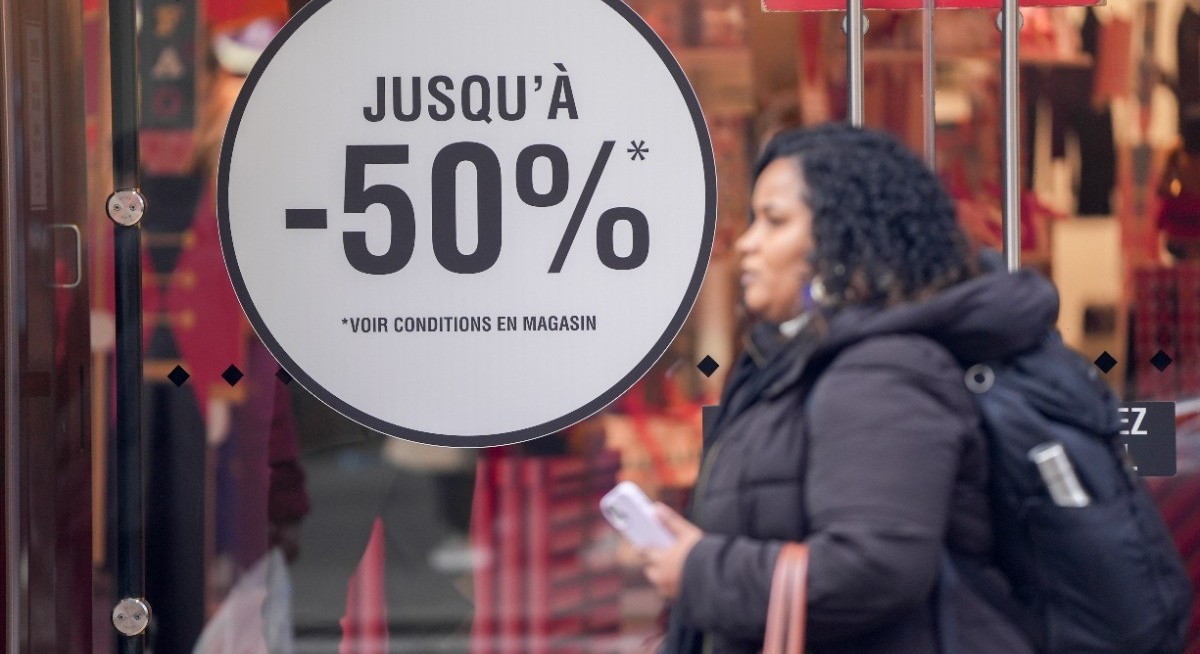(Nov 28): French inflation unexpectedly remained unchanged in November, while Spain’s eased less than analysts had anticipated, highlighting the mixed picture for prices in some of the region’s biggest economies.
France’s reading held steady at 0.8%, defying predictions that it would edge up to 1%. Spain’s, meanwhile, slowed to 3.1%. The median estimate in a Bloomberg survey had foreseen a moderation to 3%.
The data are part of a busy day of inflation updates from the eurozone’s top four economies and will help inform the European Central Bank (ECB) before it sets interest rates for the final time this year in December.
Italy’s number is seen holding steady at 1.3%, while Germany’s is set to inch up to 2.4%. The upshot for the 20-nation currency bloc, which reports numbers on Dec 2, is likely to be a figure around October’s 2.1% — close to the ECB’s 2% goal.
“Euro-area inflation is likely to be unchanged in November before resuming a sustained deceleration in December. Those additional declines may increase pressure on the ECB to ease monetary policy again next year, although the Governing Council is resisting that move for the time being,” says David Powell, senior euro-area economist at Bloomberg Economics.
Indeed, ECB policymakers are comfortable on the outlook for prices and aren’t inclined to adjust borrowing costs for the time being. Chief economist Philip Lane said on Wednesday that he and his colleagues are confident a moderation in wage gains will help them deliver sustainably on-target inflation.
See also: Sumitomo Mitsui Financial Group accelerates India expansion after US$5 bil buying blitz
Concerns remain. Irish central-bank governor Gabriel Makhlouf said earlier this week that while the ECB is in a “good place” on prices, it would be wrong to conclude their goal has been achieved “full stop,” with services and food costs still rising rapidly.
Others fret about a prolonged undershoot due to euro strength, headwinds to economic expansion and a delay in the European Union’s carbon-pricing system that was expected to boost prices. ECB vice president Luis de Guindos played down such fears, however, and called the current level of borrowing costs “the correct one.”
In France, inflation has been running close to 1% for most of the year, largely because of low energy costs. Friday’s data for November showed prices for communications services eased and manufactured-goods recorded a steeper drop.
See also: Japan to issue more short-term debt to fund Takaichi’s stimulus
France’s economy has also seen weak consumer demand as households build savings amid a political crisis that’s triggered government collapses and heightened uncertainty over future taxes and spending.
A separate report on Friday showed consumer spending rose 0.4% in October from September. Economists had forecast a 0.3% gain. Insee confirmed that third-quarter gross domestic product increased 0.5% from the previous three months.
In Spain, the statistics agency said inflation slowed due to a decrease in electricity prices. Its reading, however, remained at or above 3% for a third month.
Uploaded by Felyx Teoh




